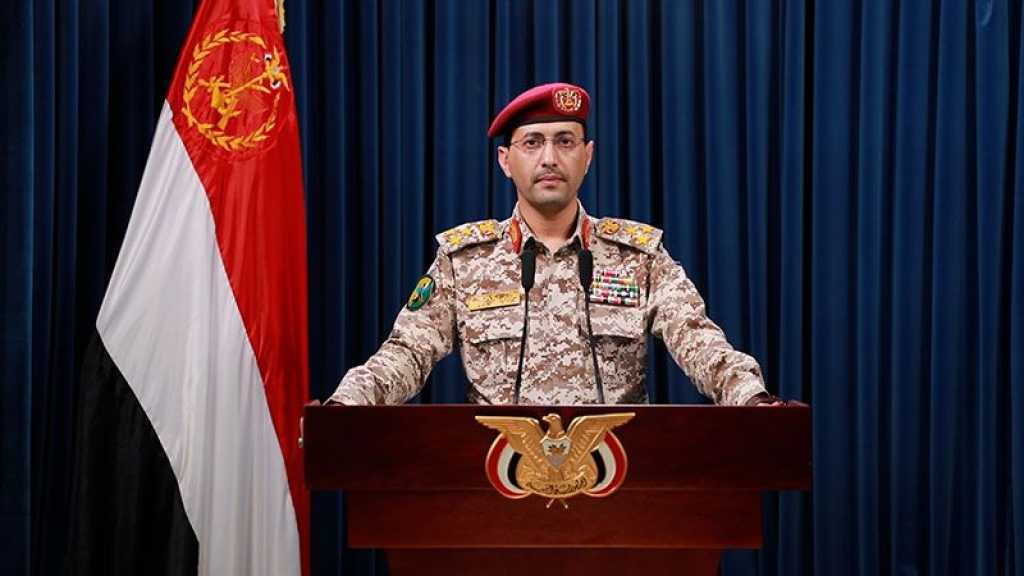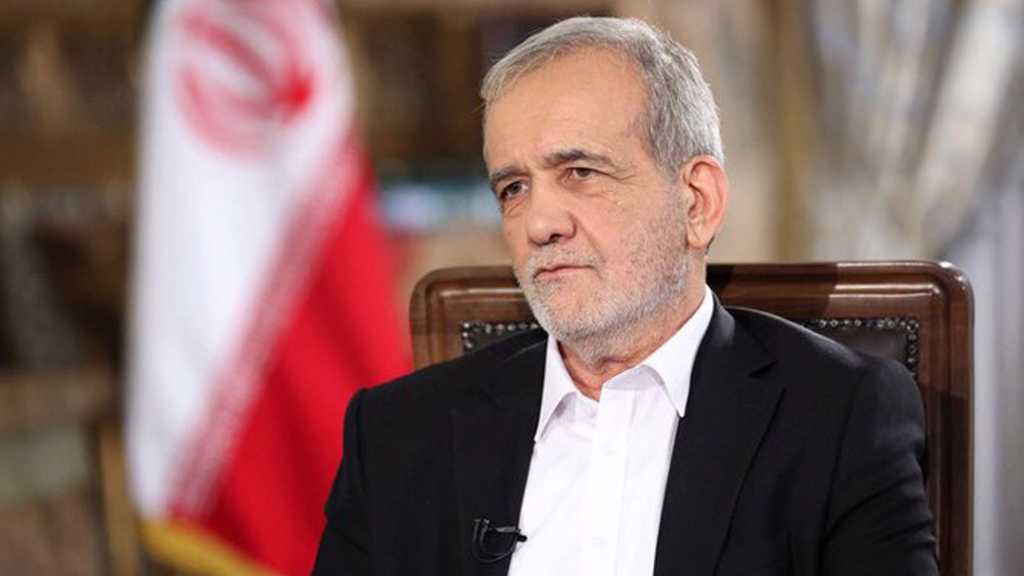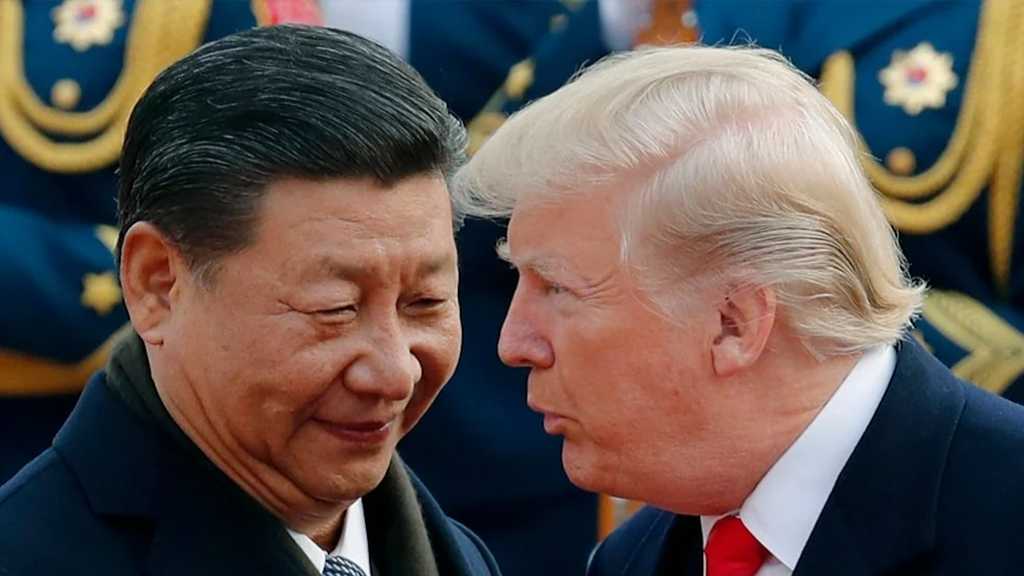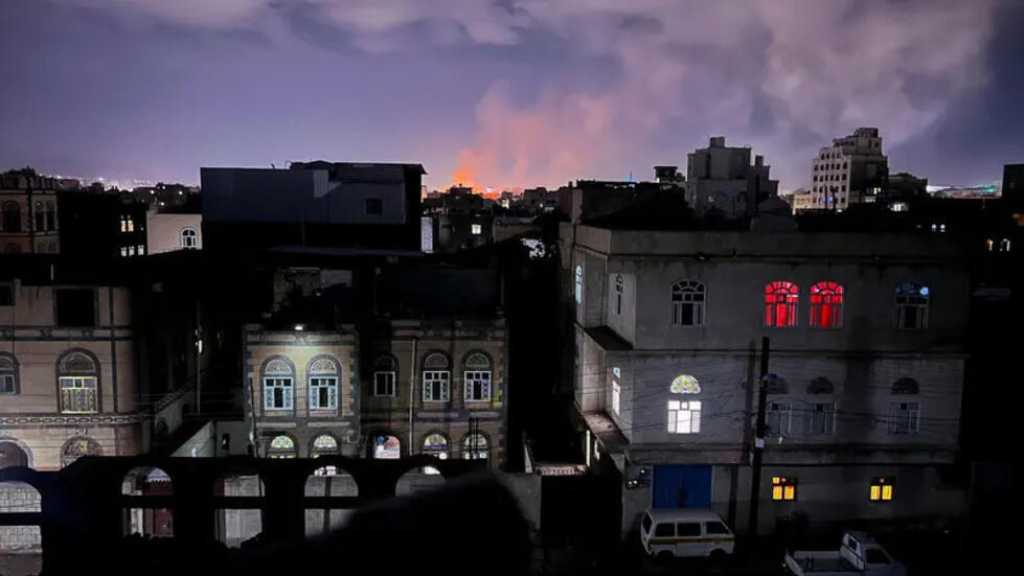Clock Ticking for Japanese ’ISIL’ Hostages

Local Editor
The clock was ticking Thursday towards a deadline imposed by "ISIL" militants threatening to kill two Japanese nationals unless Tokyo pays a $200 million ransom.
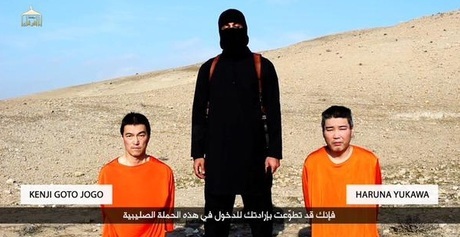
The Japanese government said it was working to secure the release of freelance journalist Kenji Goto and self-employed contractor Haruna Yukawa, but with only 24 hours to go, admitted it had still not spoken to the Islamic State group.
"We have not been able to confirm their safety," Chief Cabinet Secretary Yoshihide Suga told a press conference.
Extremist footage posted online Tuesday showed a knife-wielding militant looming over two kneeling Japanese men, apparently in a desert in Syria or Iraq.
In a chilling echo of the group's videotaped beheadings of five western hostages last year, the man, who speaks English with a British accent, says the two captives' fate hangs in the balance.
"You now have 72 hours to pressure your government into making a wise decision by paying the $200 million to save the lives of your citizens," he says.
Tokyo believes the deadline will expire at 2.50pm on Friday.
The "ISIL" terrorists have linked the ransom to the amount of cash Prime Minister Shinzo Abe said he would be earmarking to help countries dealing with an influx of refugees fleeing fighting between "ISIL" and regular forces.
The black-clad figure said the money amounted to fighting against "ISIL".
Part of Japan's strategy in dealing with the crisis appears to be regularly stressing the non-military, humanitarian nature of this aid.
"They are totally wrong about our position," Suga told journalists.
"We wish not to fight against the world of Islam, we want to help the more than ten million refugees in the region. This is humanitarian and non-military support. We want them to understand this, and free the hostages immediately."
There have been a variety of public reactions in Japan to the unfolding drama, with some of Abe's domestic opponents tying it to his more assertive foreign policy drive and saying it highlights the risk of his brand of international engagement.
Among the general public there is a sense of bafflement, reflected in pieces in newspapers and on television seeking to answer the question: "Why Japan?".
Source: News Agencies, Edited by website team
Comments
- Related News
